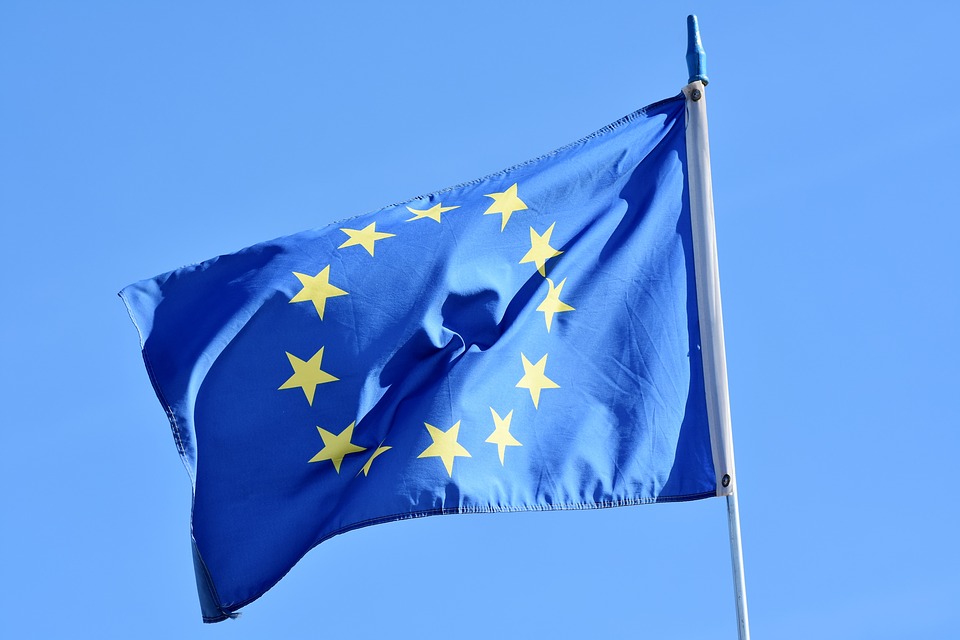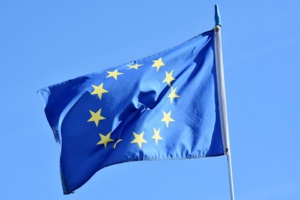Last week, the European Commission was in all praise for Germany’s economic stimulus plan of “130 billion euro”. With this is was also noted that the “most populous country” in the European Union was now strengthening in spending as urged by the executive of the bloc for years now.
The coalition of Chancellor Angela Merkel which is ruling has given the consent towards the stimulus package last week, which offers “temporary tax cuts, handouts to families and investment in green transport technologies”. In the words of , Paolo Gentiloni the “European Commissioner for Economic and Financial Affairs”.
“It is very positive for at least two reasons”.
“First, it is a strong and impressive stimulus and we have insisted over the last 5-6 years... countries with fiscal space, Germany first of all, to spend, to invest, to modernise, to use their fiscal space”.
“Also, (the plan’s) connection to the EU digital and green targets is, at first glance, very strong”.
For years, Germany was seen having large amount of surplus budget, while the Commission had been urging the country for sending and investing the same for improving its “often ageing infrastructure” besides supporting the “growth rates” boost across the bloc. Until this year, Berlin kept its focus on “debt reduction” and did not respond on the “Commission’s calls” while it now stands at the brink of a deep economic recession due to the coronavirus pandemic. According to Reuters:
“The Commission forecasts a 6.5% contraction in 2020”.
In March, Germany announced a stimulus of “750-billion-euro”, on top that last week, it sanctioned the “130 billion package” which raised concerns about the inability of countries to “spend such sums” will turn into a disadvantage as the economic activities resumes. According to Gentiloni, this is the very reason for which the Commission suggested a “750 billion euro recovery fund with 500 billion euros of grants” as an attempt to equalise the chances of recovery. And Reuters added:
“The money is to be borrowed by the Commission against EU budget guarantees and paid back from new taxes assigned to the EU”.
References:
reuters.com
The coalition of Chancellor Angela Merkel which is ruling has given the consent towards the stimulus package last week, which offers “temporary tax cuts, handouts to families and investment in green transport technologies”. In the words of , Paolo Gentiloni the “European Commissioner for Economic and Financial Affairs”.
“It is very positive for at least two reasons”.
“First, it is a strong and impressive stimulus and we have insisted over the last 5-6 years... countries with fiscal space, Germany first of all, to spend, to invest, to modernise, to use their fiscal space”.
“Also, (the plan’s) connection to the EU digital and green targets is, at first glance, very strong”.
For years, Germany was seen having large amount of surplus budget, while the Commission had been urging the country for sending and investing the same for improving its “often ageing infrastructure” besides supporting the “growth rates” boost across the bloc. Until this year, Berlin kept its focus on “debt reduction” and did not respond on the “Commission’s calls” while it now stands at the brink of a deep economic recession due to the coronavirus pandemic. According to Reuters:
“The Commission forecasts a 6.5% contraction in 2020”.
In March, Germany announced a stimulus of “750-billion-euro”, on top that last week, it sanctioned the “130 billion package” which raised concerns about the inability of countries to “spend such sums” will turn into a disadvantage as the economic activities resumes. According to Gentiloni, this is the very reason for which the Commission suggested a “750 billion euro recovery fund with 500 billion euros of grants” as an attempt to equalise the chances of recovery. And Reuters added:
“The money is to be borrowed by the Commission against EU budget guarantees and paid back from new taxes assigned to the EU”.
References:
reuters.com






